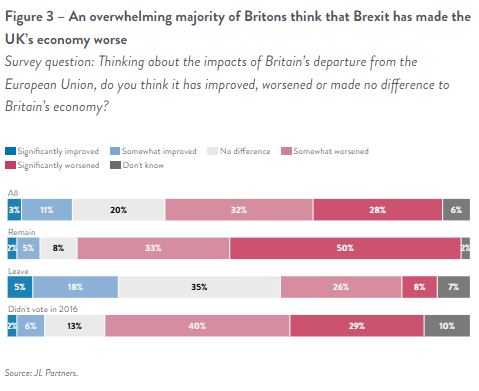
Associate fellow, Centre for European Reform. Past lives elsewhere. Long-distance runner.
12 subscribers
How to get URL link on X (Twitter) App


https://twitter.com/antonspisak/status/1706220915510395213
 The good news of this would be that the worst-case scenario might be avoided: Fico would be short of two seats (!) to form a coalition with the nationalist SNS, the far-right Republika and his one-time protégé Pellegrini, now heading up Hlas. /2
The good news of this would be that the worst-case scenario might be avoided: Fico would be short of two seats (!) to form a coalition with the nationalist SNS, the far-right Republika and his one-time protégé Pellegrini, now heading up Hlas. /2



https://twitter.com/AndyBounds/status/16277758275627131212. Giving an opportunity for the NI Executive to be formally consulted (i.e. via a preliminary exchange of views) on new EU laws that would fall under the Protocol and devolved competence and the UK Govt for all non-devolved areas.




 2) What's driving this enormous rise in customs paperwork? The answer is Brexit. Over half of all export certificates were specifically for GB-EU trade.
2) What's driving this enormous rise in customs paperwork? The answer is Brexit. Over half of all export certificates were specifically for GB-EU trade.
https://twitter.com/alexwickham/status/1600231146775728128I still think there’s a clear landing zone for a sensible deal. But it would require significant movement on the UK part (away from wishing to do away with ‘EU law’ in the NIP), as well as on the EU side (towards a risk-based approach). A large gap to be crossed in a short time.

 The first two parts of our proposals – fix the 'trust deficit' in the current UK-EU relationship and commit not to go on a deregulatory spree.
The first two parts of our proposals – fix the 'trust deficit' in the current UK-EU relationship and commit not to go on a deregulatory spree. 



https://twitter.com/thetimes/status/1594035405703225345The Swiss-style relationship doesn’t come about by UK negotiators going to the Commission and asking for one.
https://twitter.com/markerjparker/status/1587789977437585408The best thing, at this point, might be for UKG to delay the election by extending the statutory 24-week period through secondary legislation *and* to set up an interim process that would bring NI parties together to identify some commonalities in their positions on the NIP. /2

